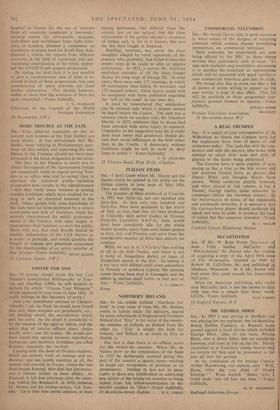among gentlemen, had differed from the ancient law on the
subject, but the close relationship of the parties effected a revulsion of feeling and, as far as is known, this was the last duel fought in England.
Duelling, however, was never the mass slaughter alleged by vocal opponents of the practice who, probably, had failed to take the proper steps to be ready to offer or require satisfaction. In 1821, a certain Mr. Gilchrist published statistics of all the duels fought during the long reign of George III. In sixty years, there were only 172 meetings, in which 69 combatants were killed, 96 wounded, and 179 escaped unhurt. These figures might well be compared with those published regarding the ' toll of the road' in our own day.
It must be remembered that satisfaction can be claimed only where a dispute cannot be heard before the Courts. The duel was a salutary check on careless talk;. Sir Theodore Martin, in 1875, confesses that its disuse had been attended with some injury to manners. Unpopular as the suggestion may be, it really does seem better that gentlemen should dis- cuss their social differences in the field rather than in the Courts. A democracy without . traditions might be left to wash its dirty linen in public I—Yours faithfully,
J. D. AYLWARD 22 Victoria Road, West Kirby, Cheshire


































 Previous page
Previous page